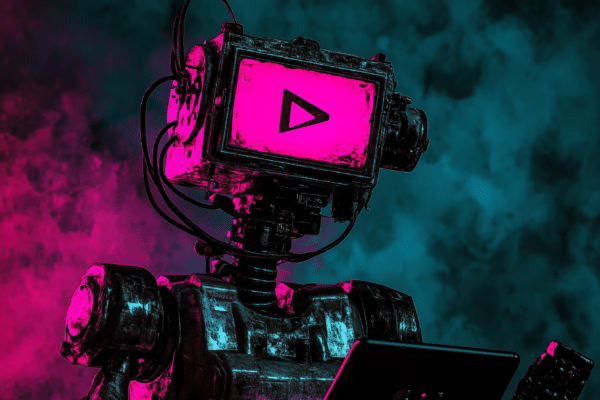AI tools offer promising improvements in streamlining HR processes, improving talent acquisition, and boosting employee engagement. However, HR managers looking to integrate them into their operations must navigate several critical considerations to ensure successful adoption and implementation.
AI's potential to transform HR processes is vast, but its limitations must be recognized to avoid costly mistakes. A Harvard Business School study revealed an alarming problem in that 88% of HR executives found that their AI tools occasionally rejected qualified candidates. This often results from overly stringent job descriptions that AI algorithms cannot interpret with the nuance that a human could.
To mitigate these limitations, HR professionals should not rely solely on AI for decision making. Instead, combining AI insights with human intuition and experience ensures a more balanced and nuanced approach to HR tasks. This hybrid model helps make informed decisions that consider the subtleties and complexities of human experiences and qualifications.
Because AI systems often handle sensitive employee information, ensuring data privacy and security is paramount. HR managers must impose robust cybersecurity measures to protect this data and build trust among employees. Establishing strict cybersecurity guidelines not only protects information, but also helps prevent potential data breaches that could lead to legal repercussions and tarnish the company's reputation.
AI: all-in-one
The lure of all-in-one AI tools that promise to handle every aspect of HR can be tempting, but caution is advised. Todd Raphael, Chief Content Officer at SkyHive, recommends "enhancing existing systems with AI rather than replacing them entirely. AI can provide valuable insights if it has access to sufficient, real-time data, making your current HR systems smarter and more efficient."
"If AI has enough data and works in real time--it's always up to date--it can provide really valuable intelligence," Raphael said. "It can make many of the HR systems you have even smarter, unlock a lot of valuable information from them. I would be wary of AI companies that promise to be better than all the existing tools, rather than improving and augmenting all the existing tools. No one product can be the best at everything."






